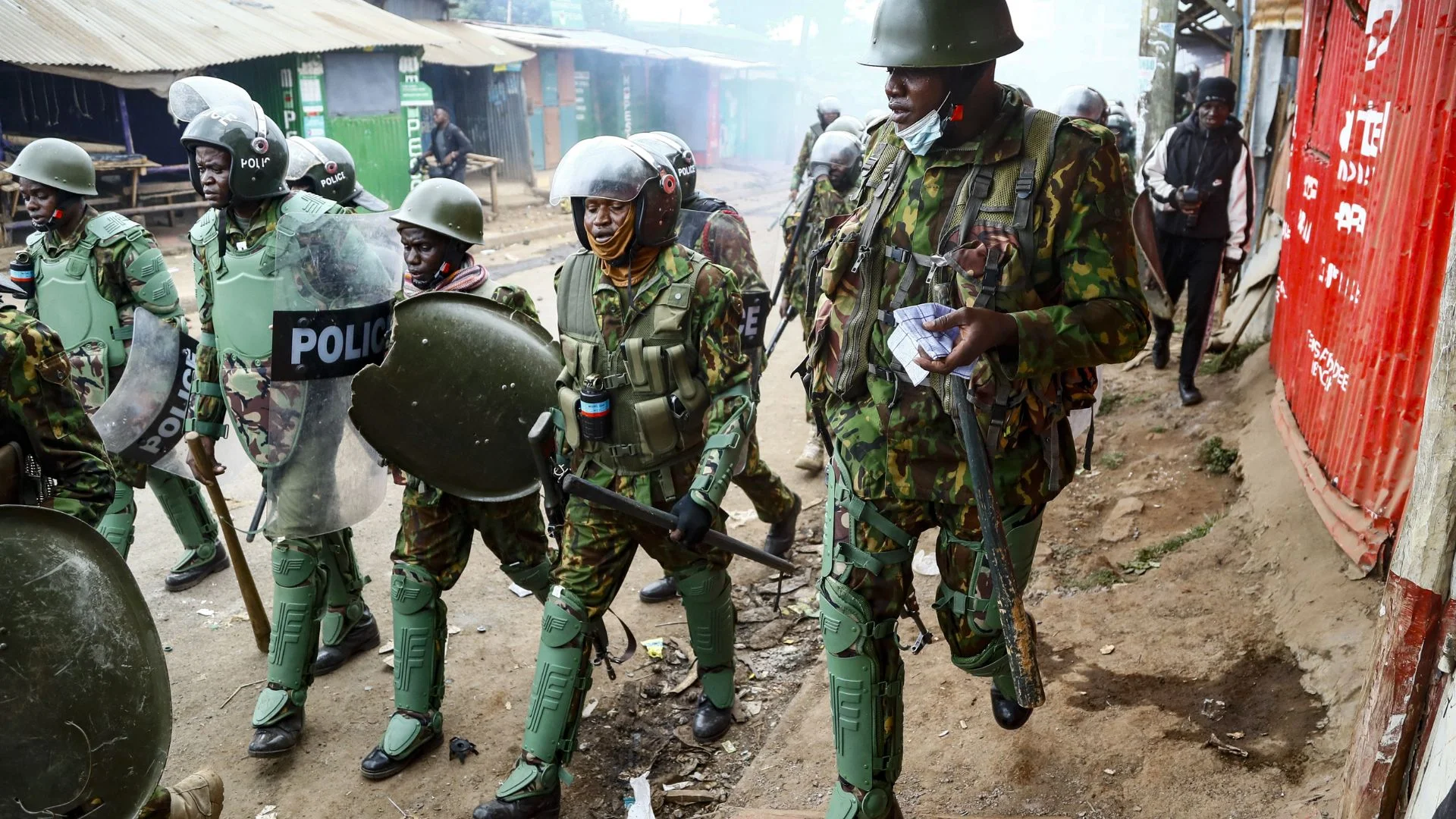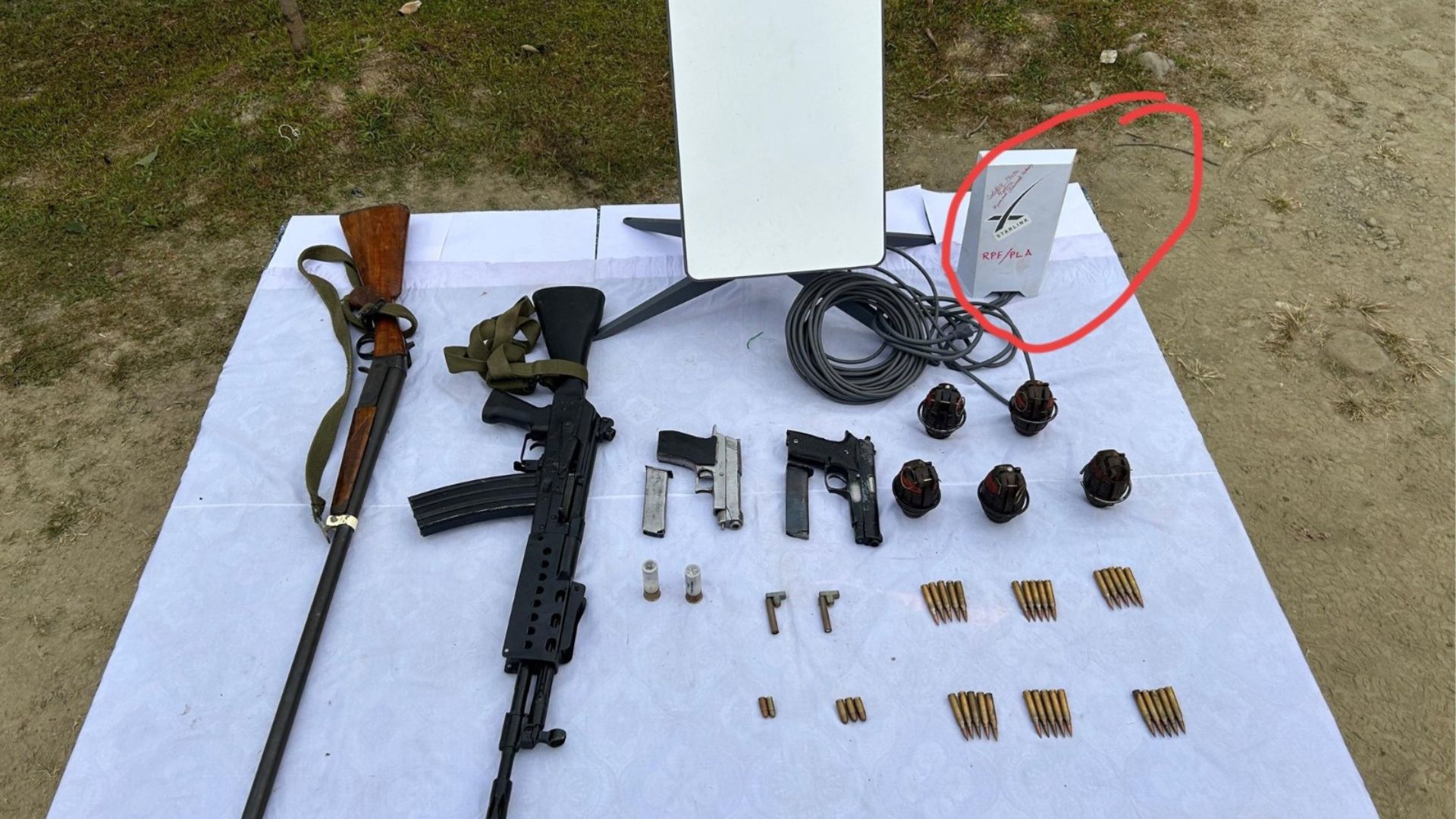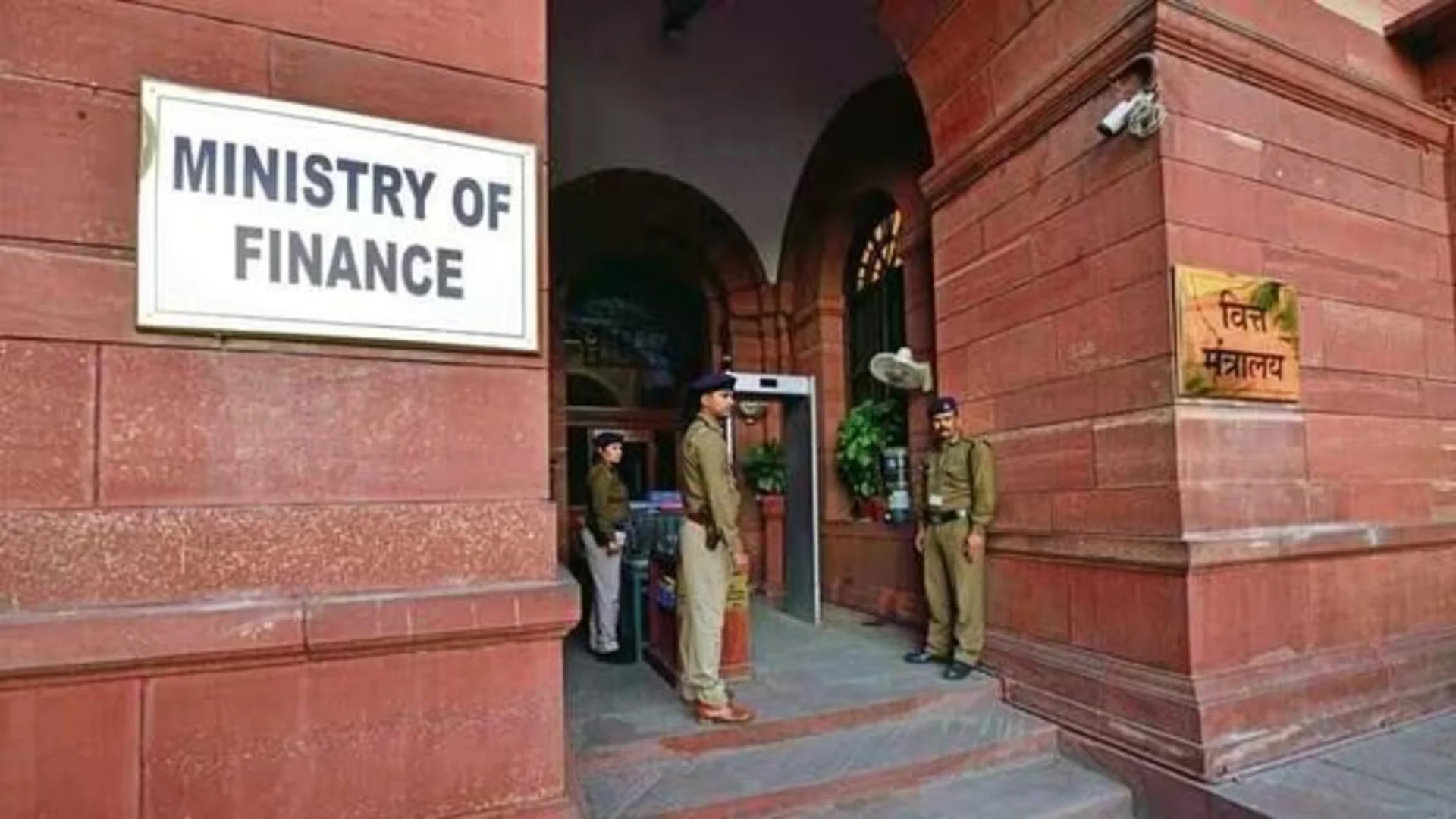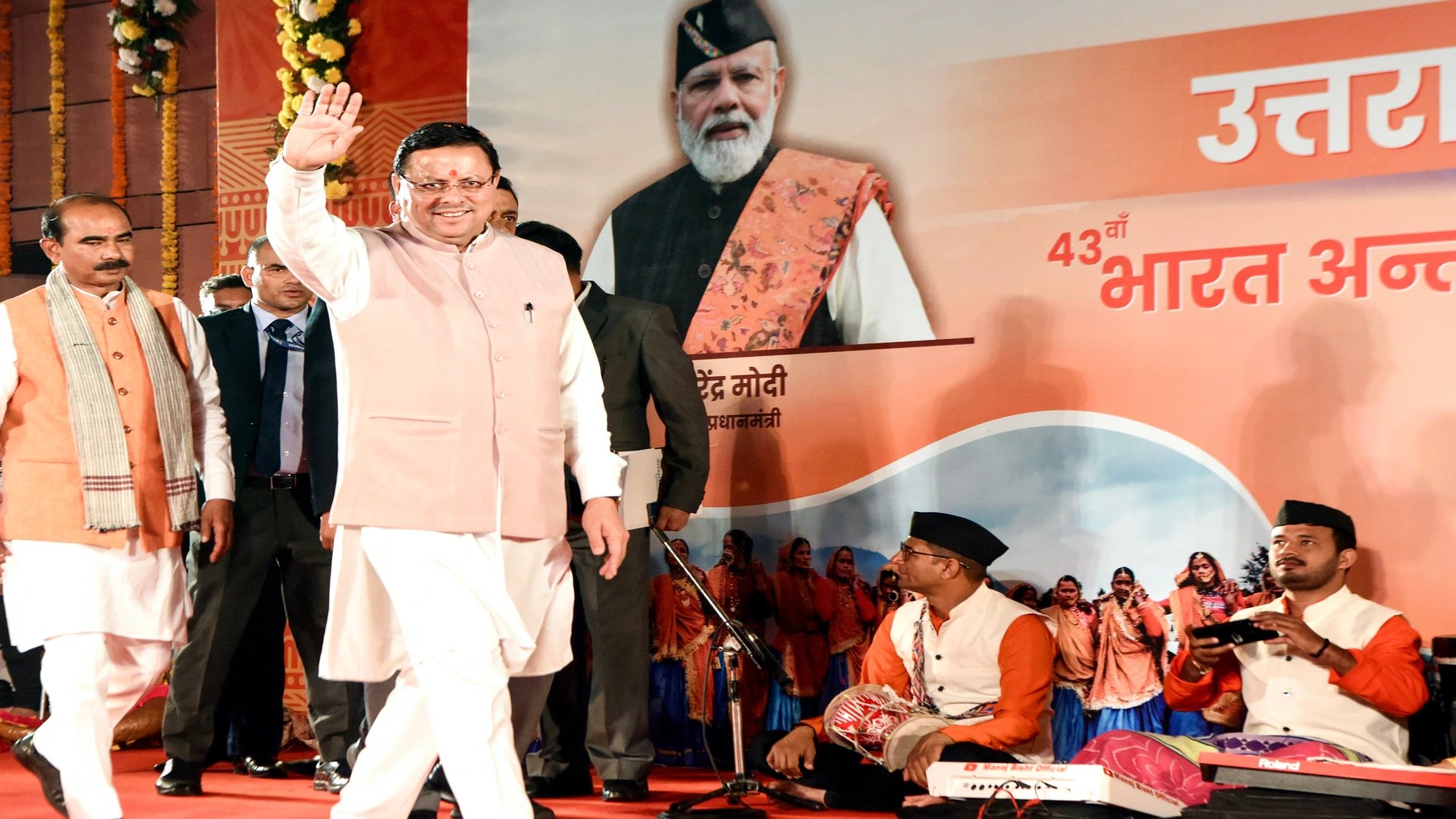
On Friday, the United States and Ecuador circulated a draft resolution proposing the initiation of a UN peacekeeping operation to replace the Kenyan-led mission currently aiding in Haiti. This move aims to maintain the progress made by the multinational force, which has seen nearly 400 Kenyan police deployed since June to support the Haitian National Police.
The draft resolution, obtained by The Associated Press, emphasizes the necessity of UN peacekeepers to sustain gains achieved under the existing mission. US Secretary of State Antony Blinken, who visited Haiti on Thursday, underscored the US commitment to the mission and advocated for long-delayed general elections. Blinken also mentioned that a UN peacekeeping force could resolve the funding issues faced by the Kenyan-led mission, which relies heavily on voluntary contributions from the US and Canada.
The United Nations has intermittently engaged in Haiti since 1990, with a significant presence following a 2004 rebellion and a devastating earthquake in 2010. The UN mission, which ended in October 2017, faced criticism for introducing cholera and other abuses. Since then, Haiti has experienced several small UN missions, with the current political mission, BINUH, focused on advancing a Haitian-led political process.
Many Haitians are wary of a new peacekeeping operation due to past abuses and the perception of UN forces as an occupying presence. In 2022, Haiti requested an international force to combat gangs, leading to the deployment of Kenyan police and personnel from other countries. This multinational force, expected to reach 2,500 members, faces significant financial challenges, with only $85 million pledged against a $600 million annual cost.
The draft resolution would recognize the ongoing threat to international peace and security posed by the situation in Haiti and propose extending the mandate of the Multinational Security Support mission until October 2, 2025. Negotiations on the resolution are ongoing, with no set date for a Security Council vote. UN spokesman Stephane Dujarric noted that any new peacekeeping force requires Security Council approval, troop and equipment commitments from member nations, and subsequent deployment—an intricate and time-consuming process.















